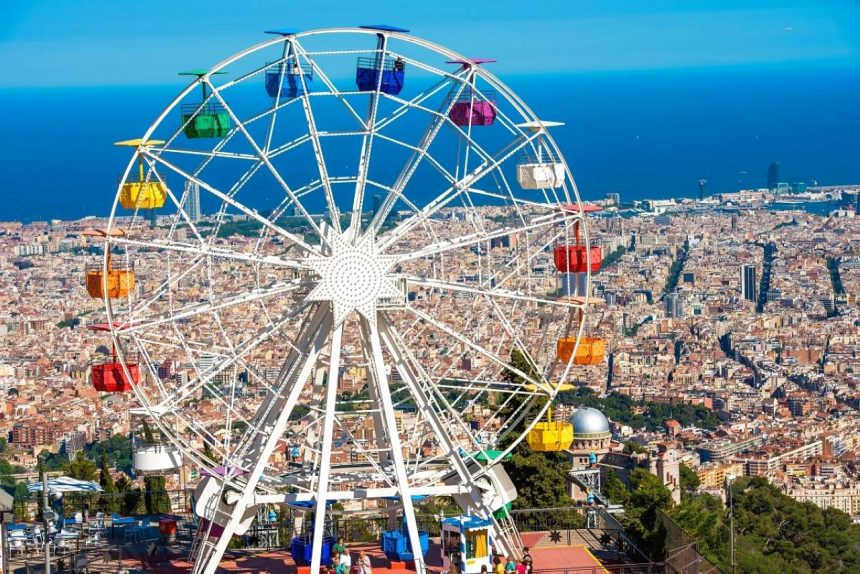In light of imposing fees on entry to dozens of famous tourist areas, many wonder how those funds are spent. Here is some information on how the millions generated from tourism are allocated.
According to EuroNews Travel, Indonesia implemented a tourist tax on the famous island of Bali in mid-February. Foreign visitors are now required to pay 150,000 Indonesian Rupiah (9 dollars) to visit.
Authorities state that the new fees aim to protect the island’s natural environment and culture. According to Bali’s regional government website, the new tourist tax will be used to enhance the quality of services, tourist safety, and comfort by developing integrated and connected infrastructure on land, sea, and air.
The authorities will address two main challenges facing Bali at the moment: traffic congestion and waste management.
In Venice, entry fees that have been long-discussed will finally be implemented for a trial period in spring 2024. The fees will be 5 euros to enter the canal-filled city during peak hours on weekends between April and mid-July, totaling 29 days.
The entrance fees aim to provide funds to improve the quality of life for residents, reduce congestion, and encourage longer visits.
Barcelona uses the tourist tax to finance green initiatives. In 2022, the city authorities announced that Barcelona’s tourist tax would increase over the next two years.
Since 2012, visitors to the Catalan capital have had to pay both the regional tourist tax and additional city-level fees. On April 1, 2023, the city authorities raised the regional fees to 2.75 euros. Another increase is set to occur on April 1, 2024, raising the fees to 3.25 euros.
At the end of 2023, the authorities announced eight new projects in the city, funded by 7.69 million euros from tourist tax revenues. Another 4.93 million euros will be used for promoting “Blue Tourism,” including water sports. The authorities have allocated 100 million euros from revenues to install heating pumps and solar panels in government schools this year.

